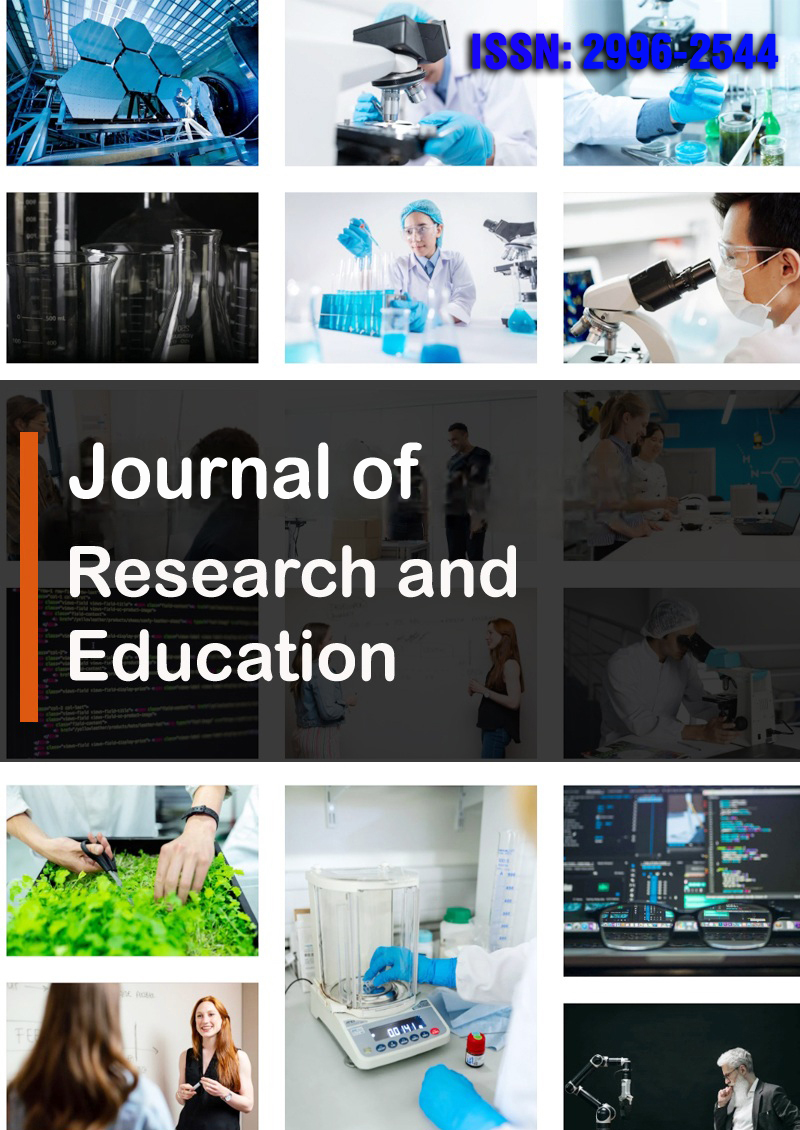Comparative Evaluation of the 12th Grade Chemistry Curriculum According to The CIPP Evaluation Model “Türkiye and Nigeria”
Abstract
Shafiyu Jibril and Birsen Bagceci
This study aims to evaluate and compare the 12th-grade chemistry curriculum applied in high schools in Nigeria and Türkiye according to the CIPP evaluation model. mixed method was used in this study. The five-Likert scale Google form questionnaire prepared by the researcher in English and Turkish language was randomly applied in the high schools across Nigeria and Türkiye through mail, social media and other means of communication. In Nigeria, 203 whiles, in Türkiye, 162 of the 12th- grade chemistry teachers participated in the quantitative part of this study. In the qualitative part of the study, semi-structured interview questions which were prepared in English and Turkish were used to collect the opinions of participants across both countries. In Nigeria, five chemistry teachers participated in the study, while in Türkiye, three 12th-grade chemistry teachers participated. The collected quantitative data from the Google form were transferred to the SPPS data analysis software and analyzed. The data collected through semi-structured interviews were analyzed using descriptive analysis by transcribing the respondents’ quotations. According to the findings of this study, both countries have similar aims and objectives for the 12th-grade chemistry curriculum. However, it was revealed that there is a difference between the two countries in terms of reaching the general goals of the curriculum. It was revealed that, in Nigeria, the educational system does not allow teachers to implement the curriculum effectively. The theoretical information in the chemistry textbooks was found to be sufficient in Nigeria while insufficient in Türkiye. It was found that in Nigeria, the language used in chemistry textbooks is difficult and complex, while in Türkiye, there are insufficient laboratories in the schools, which negatively affects the implementation of the chemistry curriculum. In the product and process dimensions, it was found that there are no significant differences between the two countries. It was recommended that chemistry curriculums in both countries should be reviewed and updated every year to fit in the new age of science and technology. Laboratories should be available in all schools in Türkiye, while in Nigeria, simple language should be used in preparing chemistry curriculums.



